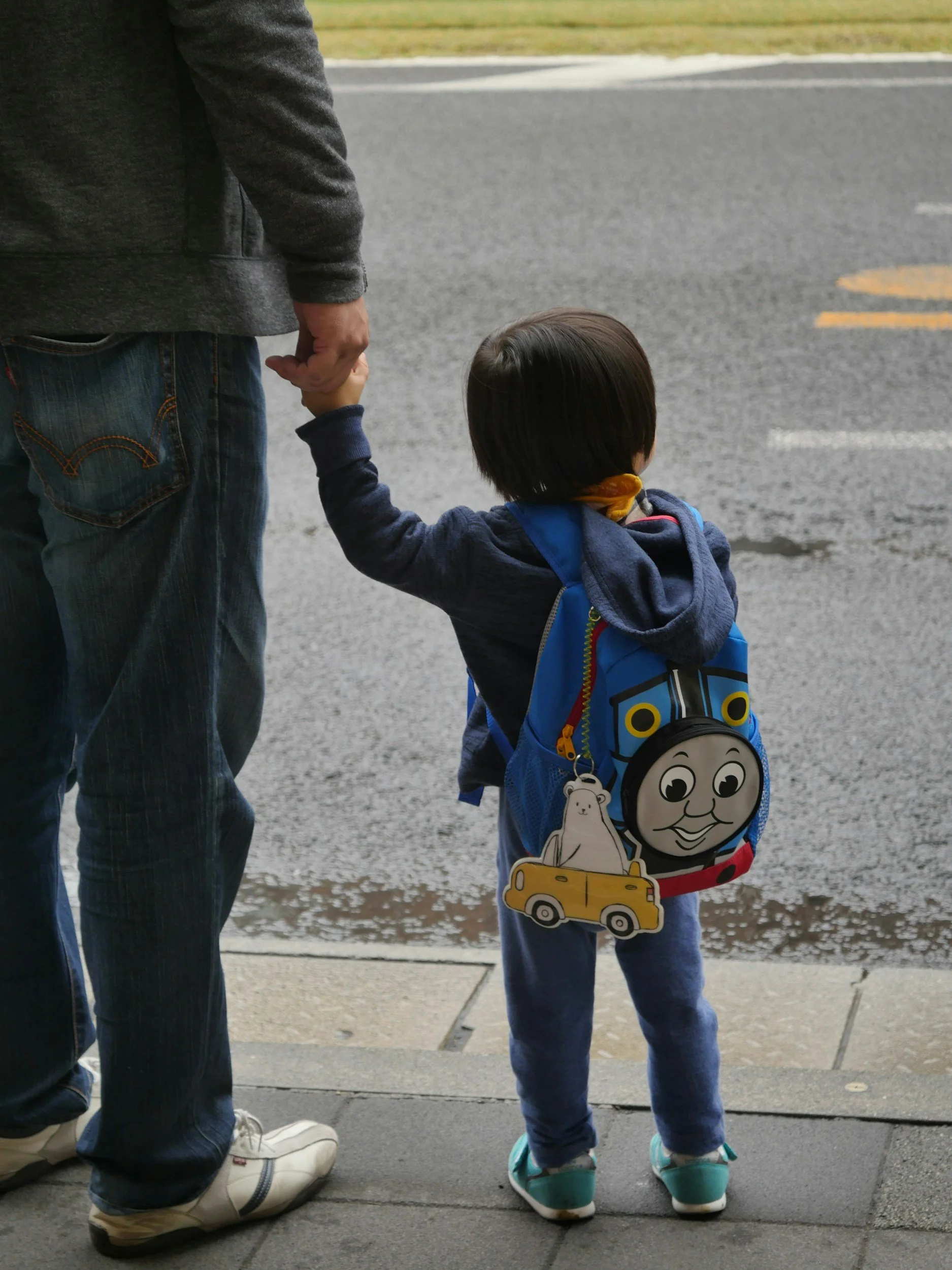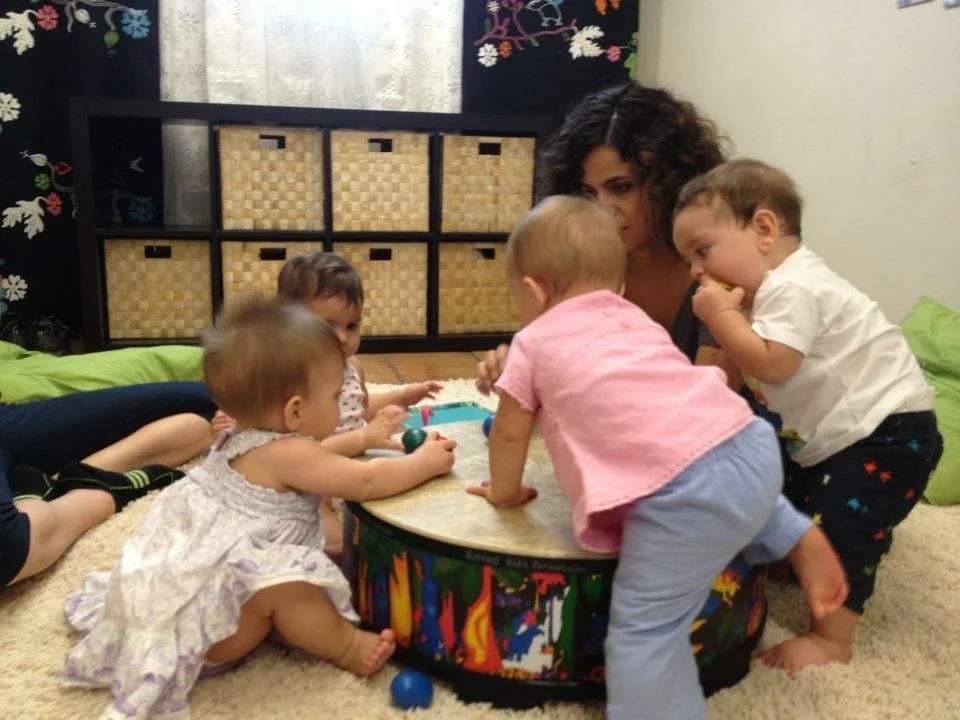So often we hear that the past influences the present, but what does that mean? How can we manage and be aware of it? In this video get a quick response to a complicated concept.
How do you talk to your child about school shootings? In this blog, Lina Acosta Sandaal shares age-appropriate ways to help children process fear, build empathy, and feel safe while also guiding parents to stay grounded and compassionate.
As adults, we often worry about how much time our children spend on their devices. But if we pause and look honestly at our own habits, we may find that we are the ones modeling what it looks like to use a phone all day.
As a parent, you are the gatekeeper of your child’s digital world. By creating healthy routines, modeling good habits, and teaching online safety, you can help your child navigate technology responsibly and confidently.
One thing I know for certain is that early childhood education should not only focus on academic achievement but also on emotional and social development. These “soft skills” are just as important, if not more so, than traditional academic skills like reading and math. The ability to manage emotions, interact with others, and adapt to new situations are the building blocks for success in school and beyond.
As parents, we often view our teens' debates and questioning as disrespectful. However, it's essential to understand what's really happening in their brains. The prefrontal cortex, the part of the brain responsible for decision-making, is developing. The process of brain development, which starts from the bottom up and right to left, continues into adolescence. During this time, teens practice decision-making by questioning and debating.
As parents, we often find ourselves puzzled by our children's sudden emotional outbursts. Whether you're dealing with a three-year-old or a teenager, it's crucial to understand the fascinating brain development occurring during these stages. These insights can help you navigate the emotional landscape of your child's life with empathy and patience.
Parenting young children can feel overwhelming. Many caregivers often find themselves wondering, "Is this normal behavior?" when faced with their little ones' actions such as hitting, biting, or pushing. Here, you'll find insights on those all-too-common issues of biting and hitting in children under seven, reassuring you that it’s completely normal.
The preschool years are pivotal for your child’s emotional and social development. Whether you're dealing with tantrums, teaching patience, or encouraging emotional intelligence, these tips will empower both you and your preschooler.
Jealousy is a common emotion among children, particularly when siblings interact In play with their parent. Children between the ages of four and eight begin to navigate complex social and emotional Interactions. A key aspect of their development during this phase is learning to understand social norms and manage challenging emotions like jealousy.












Parents often ask how to help children be more grateful without lecturing or shaming. In this post I bring together guidance from my work with families to show how emotional safety, naming jealousy and simple daily practices help gratitude grow over time.